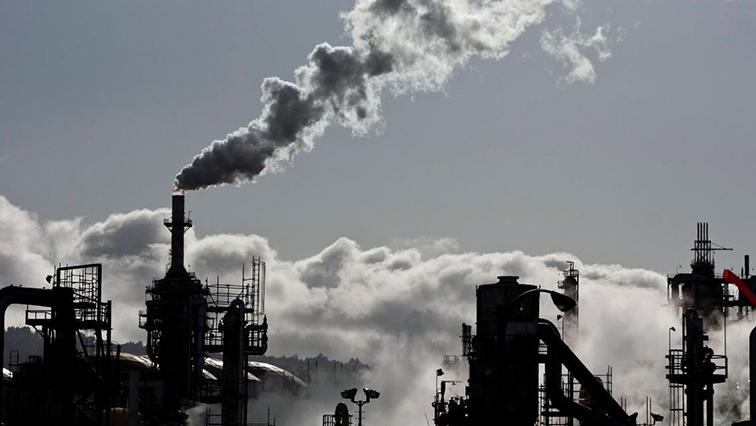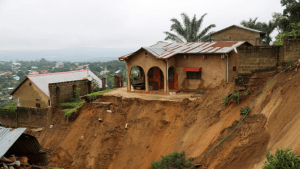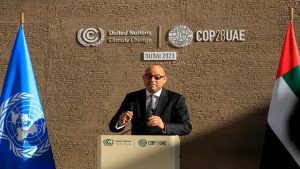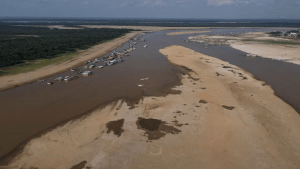The world’s poorest people, increasingly buffeted by storms, floods and droughts, have been getting less than 1 cent a day each in international help to protect them from wild weather and rising seas as the Earth heats up, aid group Oxfam said Monday.
Its analysis of global funding for developing countries to adapt to climate change was released as world leaders gathered in New York for a UN summit where they have been asked to set out how they will do more to rein in global warming.
Poorer nations – many in places where climate change effects are hitting the hardest – have long demanded more financial support so they can build stronger homes, plant hardier seeds on farms, put in irrigation and warn citizens of dangerous weather.
“Millions of people are already living with the threat of deadly storms, rising floodwater and failed crops,” said Danny Sriskandarajah, chief executive of Oxfam GB.
“Wealthy nations should take urgent action to reduce emissions and provide financial support to the poorest communities to cope with the impact of climate change, he added in a statement.
In the past year, drought in the Horn of Africa has left more than 15 million people in need of aid in Somalia, Ethiopia and Kenya, while in Mozambique, 2.6 million require essentials after two powerful cyclones caused devastation, Oxfam said.
Yet cash for poor communities and countries to stay safe from weather shocks including storms and floods, and to cope with chronic stresses like drought has been slow to come.
Oxfam calculated that, after excluding loans that must be repaid, the 48 least-developed countries received $2.4 billion-$3.4 billion in both 2015 and 2016 – the latest data available – equaling $2.50-$3.50 per inhabitant per year.
In 2009, wealthy countries at UN talks agreed to channel $100 billion annually by 2020 to help poor nations develop in a low-carbon way and adapt to growing climate change impacts.
This month, the Organisation for Economic Co-operation and Development (OECD) said donor governments had raised just over $71 billion in 2017, up from nearly $59 billion in 2016, including investment they helped secure from the private sector.
OECD Secretary-General Angel Gurra said the goal of reaching $100 billion by 2020 was still attainable.
“But we must urgently step up our efforts,” he added.






